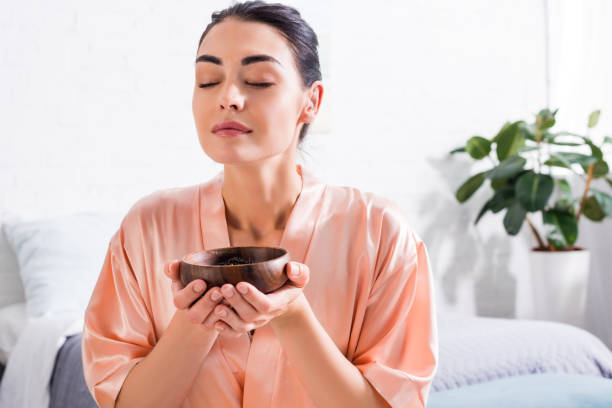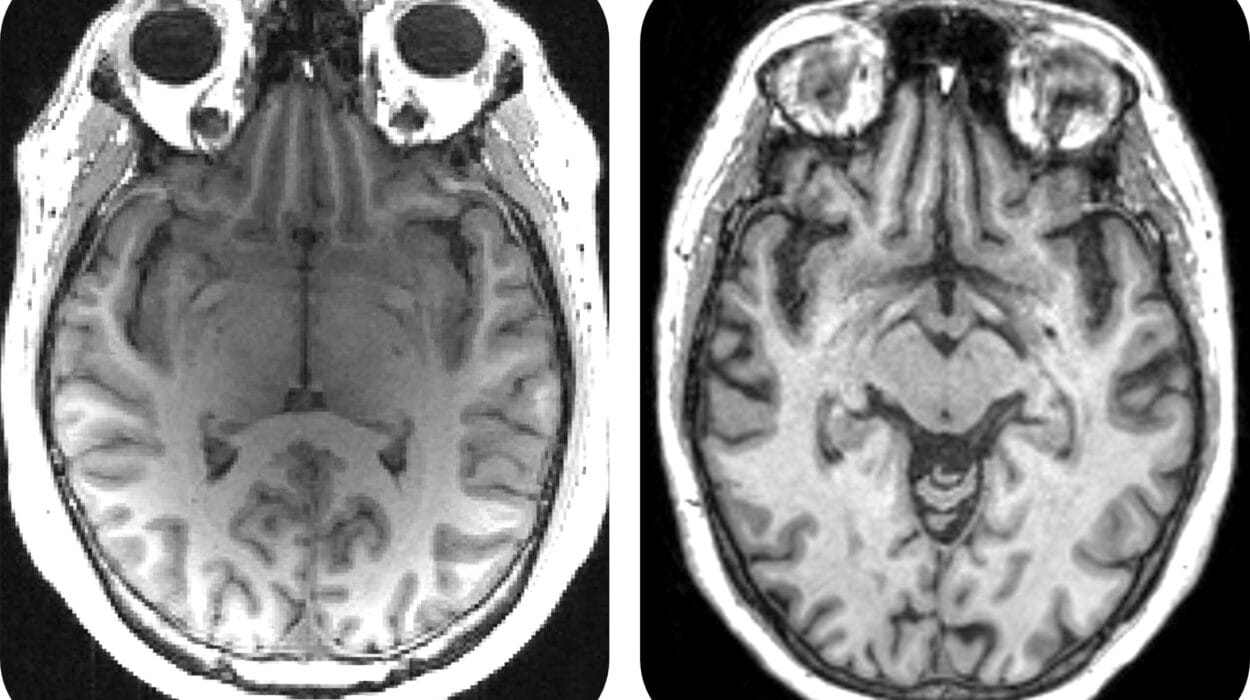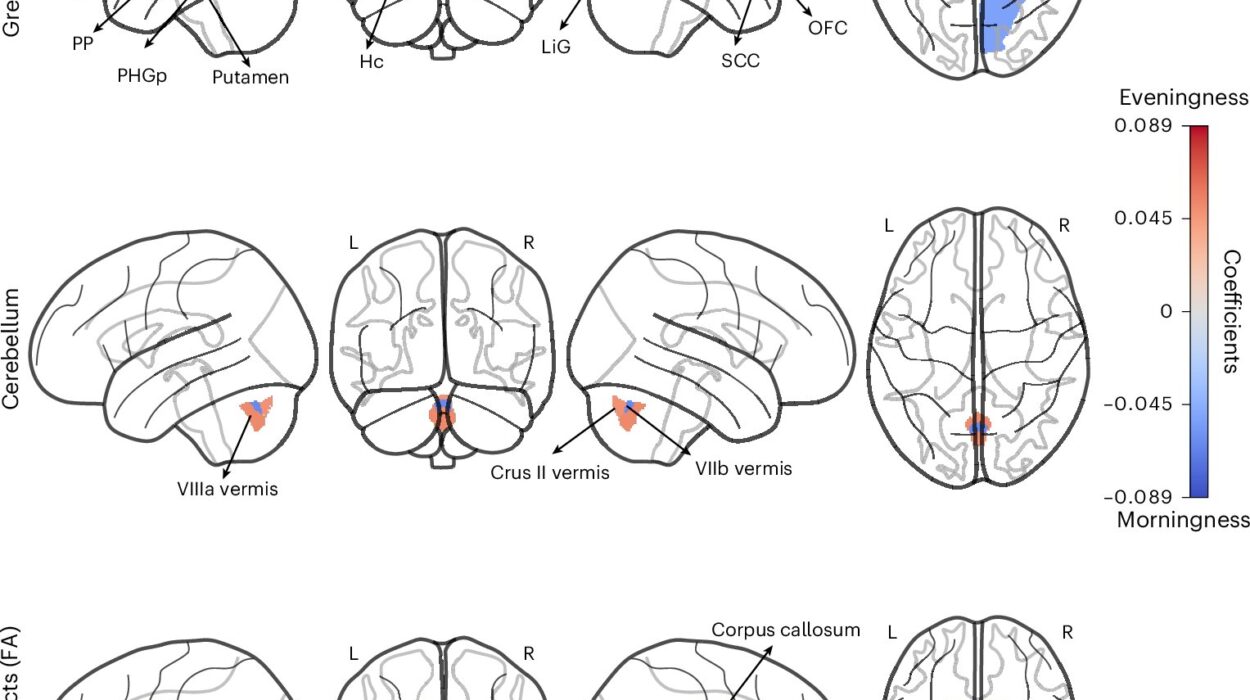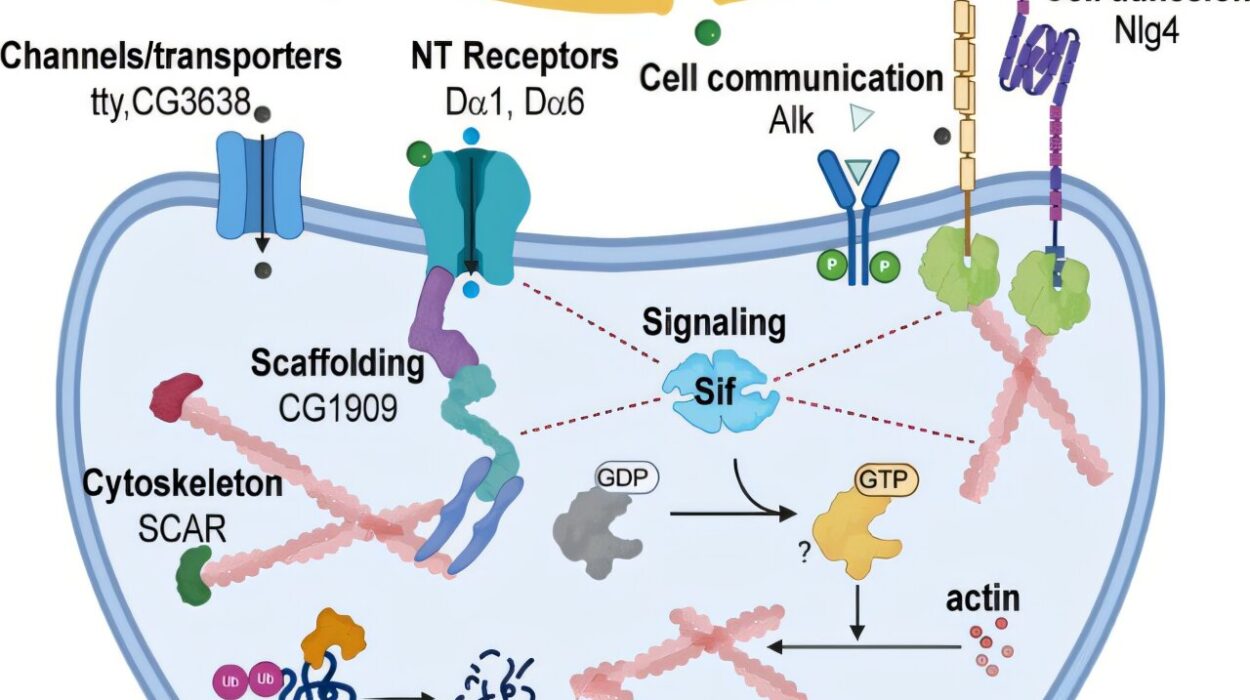It’s 2:37 a.m., and you’re scrolling through your phone again, eyes heavy but stubbornly open. You know you should sleep, but something about the glow of the screen or the lure of just one more video keeps you going. The next day, groggy and irritable, you grab your third cup of coffee before noon and vow to sleep early tonight. But will you?
You’re not alone. Millions of people are caught in a sleep-deprived cycle, convinced they can function with less sleep or resigned to the belief that they just don’t have time for eight full hours. But how much sleep do you really need? Is eight hours the golden rule, or could you get by with less? Could you need more?
In this article, we’ll journey through the fascinating science of sleep—what it is, why we need it, how much is truly enough, and what happens when we don’t get it. We’ll also bust myths, explore individual differences, and uncover what your body is really telling you at 3 a.m.
The Biological Need for Sleep: More Than Just Rest
Sleep is not merely a passive state where the body and brain shut down. It’s a highly active, biologically orchestrated process involving complex interactions between hormones, neurotransmitters, brain structures, and environmental cues. When we sleep, our brains process information, consolidate memories, clear waste products, regulate emotions, and restore physical health. Without sleep, the body and mind begin to falter quickly.
Sleep operates in cycles, each lasting about 90 minutes, and composed of distinct stages—NREM (Non-Rapid Eye Movement) sleep and REM (Rapid Eye Movement) sleep. NREM sleep has three stages, with the deepest phase (Stage 3) being crucial for physical restoration and immune function. REM sleep, on the other hand, is when most dreaming occurs and plays a key role in emotional processing and memory integration.
During these cycles, your body alternates between physical repair and mental recalibration. If you cut sleep short, especially repeatedly, you don’t just feel tired—you compromise a broad range of vital processes.
Sleep Through the Ages: How Requirements Change Over Time
The amount of sleep you need isn’t fixed throughout your life. Age, lifestyle, and even genetic makeup influence the optimal amount of sleep for an individual. Newborns, for example, sleep anywhere from 14 to 17 hours a day. Their brains are in overdrive, forming trillions of neural connections. Teenagers still need about 8 to 10 hours of sleep per night, although school schedules and social pressures often keep them from getting enough.
By adulthood, most people fall into the 7 to 9-hour range, though there is variability. Some adults might feel their best after 6.5 hours, while others need 9.5 to function properly. Seniors often sleep less at night—about 7 to 8 hours—but this doesn’t necessarily mean they need less sleep. Sometimes changes in sleep architecture or medical conditions reduce their ability to stay asleep, not their need for it.
Biological sleep need is also shaped by your circadian rhythm—your internal clock that determines when you feel alert or sleepy. This rhythm, influenced by light exposure and lifestyle, shifts as you age. For instance, teenagers often experience a delayed sleep phase, making them natural night owls, while older adults tend to become early risers.
The Myth of the “Magic Number”
Ask most people how much sleep you need, and they’ll tell you: “Eight hours.” It’s the default answer, often repeated in health campaigns and by doctors. But is it accurate?
Yes and no.
Eight hours is a convenient average. It’s backed by solid epidemiological data suggesting that most adults perform best—physically, cognitively, emotionally—when they get around eight hours of sleep each night. But not everyone’s needs are identical. Some individuals, called “short sleepers,” are genetically predisposed to function well on as little as 4 to 6 hours. Others, “long sleepers,” require 9 or more to feel normal.
So instead of obsessing over a number, a better approach is to tune in to your body’s signals. Do you wake up feeling refreshed? Do you stay alert throughout the day without caffeine? Do you function well mentally and emotionally? These are more telling than simply counting hours.
What Happens When You Don’t Get Enough?
Chronic sleep deprivation is more than just an annoyance—it’s a health hazard. In the short term, lack of sleep impairs memory, slows reflexes, increases irritability, and reduces decision-making ability. Ever notice how much harder it is to resist junk food or concentrate on a task after a poor night’s sleep? That’s your brain literally functioning at a reduced capacity.
Over the long term, the risks multiply. Insufficient sleep has been linked to increased risks of heart disease, obesity, type 2 diabetes, depression, and even some forms of cancer. It also weakens the immune system, making you more susceptible to infections.
Sleep is deeply intertwined with mental health. People with insomnia are much more likely to experience anxiety and depression. On the flip side, treating sleep issues often improves mental health dramatically. Some therapists now use sleep-focused cognitive behavioral therapy (CBT-I) as a first-line treatment for depression and anxiety.
And let’s not forget microsleeps—brief lapses in consciousness that last a few seconds. These are incredibly dangerous, especially when driving or operating heavy machinery. Many road accidents are caused not by alcohol or distractions, but by drowsy drivers whose brains simply shut down for a moment.
Can You “Catch Up” on Sleep?
After a week of six-hour nights, you sleep in until noon on Sunday. Problem solved, right?
Unfortunately, not quite.
While sleeping in can relieve some of the sleep debt you’ve accumulated, it doesn’t fully reverse the effects of chronic deprivation. Your brain and body adapt to consistent schedules. Jarring changes in sleep timing (like sleeping late on weekends) can confuse your internal clock and lead to what researchers call “social jetlag.”
Moreover, while extra sleep may reduce grogginess, it doesn’t restore deeper cognitive functions or emotional balance instantly. The damage from long-term sleep loss builds slowly, affecting things like insulin sensitivity, blood pressure, and inflammation.
The best approach isn’t to crash-sleep on weekends, but to aim for consistent, sufficient sleep every night. Think of it like eating or exercising—regularity is key.
The Role of Naps: Helpful or Harmful?
Napping can be a powerful tool, especially if used strategically. A 10 to 20-minute nap can boost alertness and performance without leaving you groggy. These “power naps” are especially beneficial when you’re sleep-deprived or need a mental refresh during a long day.
However, longer naps—especially those over 60 minutes—can lead to sleep inertia, a period of grogginess after waking. They may also interfere with nighttime sleep, especially for people with insomnia or irregular schedules.
Culturally, some societies embrace naps more than others. In Mediterranean countries, the siesta is a norm, and in Japan, inemuri (sleeping on the job) is seen as a sign of hard work. In Western cultures, napping at work is often frowned upon, although some companies and universities are starting to offer nap pods and rest areas.
Ultimately, naps can supplement but not replace good nightly sleep. If you rely heavily on naps to get through the day, it may be a sign that your primary sleep isn’t adequate.
Technology, Blue Light, and Sleep Disruption
Modern life, for all its conveniences, is a sleep disruptor. The pervasive glow of screens—phones, tablets, TVs—emits blue light that suppresses melatonin, the hormone that signals your body it’s time to sleep. This delays sleep onset and reduces sleep quality.
Social media, emails, news, and video games also stimulate the brain, making it harder to wind down. Even after turning off devices, the brain can remain in a state of alertness, extending the time it takes to fall asleep.
The solution? Create a digital sunset. Try turning off screens at least an hour before bed. Use blue light filters or night mode on devices. Better yet, replace screen time with wind-down rituals like reading, stretching, journaling, or taking a warm bath.
Sleep Disorders: When Enough Isn’t Enough
Sometimes, no matter how much you try, sleep doesn’t come. Or if it does, it’s restless and unsatisfying. This could point to a sleep disorder.
Insomnia—the chronic inability to fall or stay asleep—affects millions. It can be caused by stress, anxiety, depression, medications, or poor sleep habits. Then there’s sleep apnea, where breathing repeatedly stops during sleep, leading to fragmented and low-quality rest. This is especially dangerous, as it increases the risk of heart disease and stroke.
Other disorders include restless leg syndrome, narcolepsy, and circadian rhythm disorders. If you suspect a sleep disorder, it’s essential to seek medical evaluation. Many conditions are treatable with lifestyle changes, therapy, or medication.
Individual Differences: Genes, Chronotypes, and Lifestyle
Some people leap out of bed at 5 a.m. ready to conquer the world. Others are zombies until noon. This isn’t just personality—it’s biology. Chronotypes are genetically influenced sleep preferences that determine whether you’re a morning lark, night owl, or somewhere in between.
Night owls aren’t lazy. Morning people aren’t better. These differences are deeply rooted in circadian biology. Forcing someone to operate against their chronotype—like making teenagers start school at 7:30 a.m.—can lead to chronic sleep deprivation and reduced performance.
Understanding your natural rhythm can help you schedule work, exercise, and social activities at times that align with your internal clock. Flexibility in work and school start times could revolutionize health and productivity.
Creating the Perfect Sleep Environment
Good sleep hygiene—the habits and conditions that promote restful sleep—is critical. Your bedroom should be dark, quiet, and cool. Even small amounts of light, such as from a digital clock or streetlamp, can interfere with melatonin production.
Noise, whether from traffic, neighbors, or household appliances, disrupts sleep even if you don’t fully wake up. Consider blackout curtains, earplugs, white noise machines, or even a fan to create a sleep-friendly atmosphere.
Your mattress and pillow also matter. If you wake up with aches or notice you sleep better elsewhere, it may be time to upgrade. Avoid eating heavy meals, drinking caffeine or alcohol, or exercising vigorously right before bed. These can all disrupt your sleep cycle.
Conclusion: Sleep Is Not a Luxury—It’s a Necessity
So, how much sleep do you really need?
The truth is: enough to feel awake, clear-minded, emotionally balanced, and physically well. For most adults, this means around 7 to 9 hours per night. But quality matters just as much as quantity. Fragmented or light sleep—even if it lasts eight hours—won’t do your body or brain much good.
Sleep is not an indulgence. It’s as essential as air, water, and food. Prioritizing it is one of the most powerful health choices you can make. When you sleep better, you think better, feel better, work better, and live better.
Tonight, instead of chasing the clock or watching just one more episode, consider tucking in early. Your future self—alert, focused, and full of energy—will thank you.






